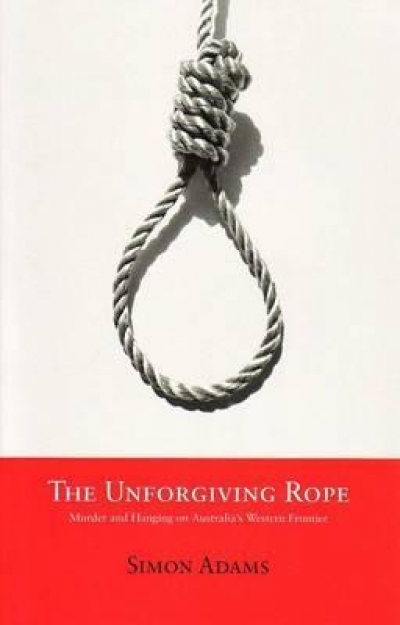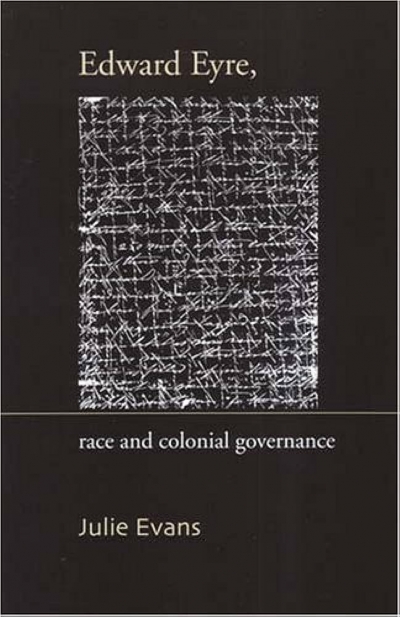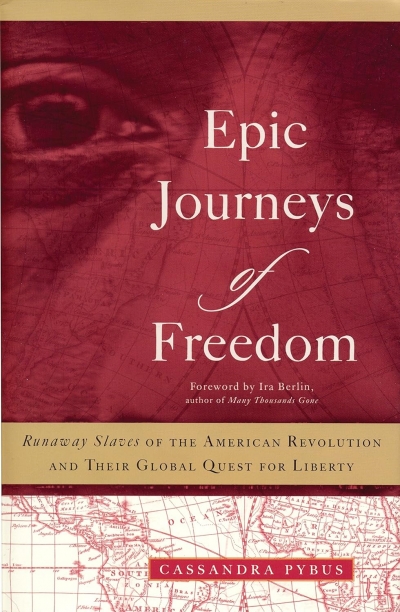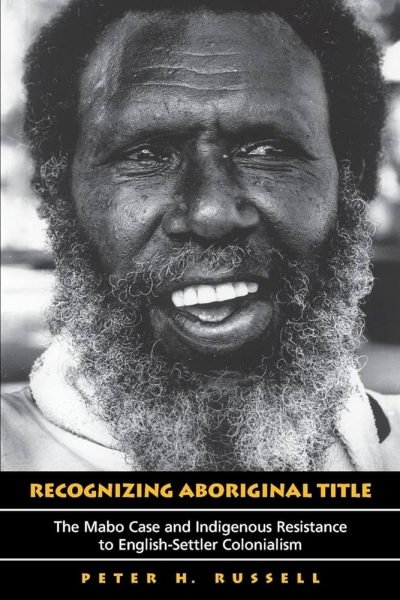Colonialism
Sign up to Book of the Week and receive a new review to your inbox every Monday. Always free to read.
Recent:
The Unforgiving Rope: Murder and hanging on Australia's western frontier by Simon Adams
by Richard Harding •
The Europeans in Australia: Volume 3: Nation by Alan Atkinson
by Mark McKenna •
Australia’s Empire edited by Deryck M. Schreuder and Stuart Ward
by Stuart Macintyre •
The Darker Nations: A people's history of the third world by Vijay Prashad
by Brian Stoddart •
Epic Journeys of Freedom: Runaway slaves of the American revolution and their global quest for liberty by Cassandra Pybus
by Donna Merwick •
Recognizing Aboriginal Title: The Mabo case and Indigenous resistance to English settler colonialism by Peter H. Russell
by Tim Rowse •
Death of a Notary: Conquest and change in colonial New York by Donna Merwick
by Peter McPhee •











